When composing a musical production, one of the key pieces for its final product is choreography. Sophomore Rowan Wang collaborates with the theater program to choreograph various dances for its musical productions.
Although dancing has been a passion most of Wang’s life, she began taking it more seriously at age 12 when she joined her studio.
“I started dancing when I was 3 years old, taking little kid ballet classes up until second grade when I quit,” Wang said. “Then, in third grade, I started to get back into dance, joining jazz classes. In sixth grade, I started back with ballet, and then, in seventh grade, I joined my studio’s dance company.”
Wang participates in multiple styles of dance, all of which she said contribute to her skill and further elevate her ability to choreograph.
“I kind of do a lot of styles,” Wang said. “I do ballet, pointe, contemporary, jazz and musical theater.”
Outside of school, Wang participates in dance classes.
“I dance at The Atlanta Dance Academy, or TADA, and there I take four ballet classes, as well as contemporary and jazz, and I’m also part of their senior youth company,” Wang said.
Wang said her first experience with choreographing was difficult because she was shifting from solo dancing to directing other dancers.
“It was scary because I was a freshman, and I was choreographing with two other girls, Livia Bolster and Lannea Kimmons, who are seniors now, and they’re also helping me choreograph with ‘Matilda,’” Wang said. “It was really intimidating because most of the cast were also upperclassmen, and choreography is instructing people on what to do with no teachers or anyone else helping you do what you need to do. There are stage managers who help [the cast] keep quiet, but it’s all your direction and leading a group of people was such a big change from just being a dancer in a studio.”
Kimmons, who choreographs with Wang, said Wang is both talented and committed to her work.
“She’s very dedicated and very confident in her choices, but also willing to compromise, and she’s just a really sweet girl and very talented dancer,” Kimmons said. “It’s clear she’s put in a lot of work to get to where she is. Also, because she comes from such a strong dance background, she’s just very much in a professional mindset, and that really benefits her teaching.”
Using her knowledge of dance, Wang works to create choreography that is both uniform and inclusive of the varying skill levels each dancer has.
“With choreography, since they’re mostly actors, they don’t have as much basic dance technique, but I use my choreography skills or my dance skills, to create choreography that helps them improve their basic dance technique while also making it look clean and ready to be on stage,” Wang said.
Junior Lizzie Lyman is the lead in the Midtown theater spring musical production of “Matilda,”which Wang is choreographing. Lyman said Wang has provided the dancers with skills that have allowed them to develop a better basic knowledge of dance.
“Because Rowan is a dancer, she taught us lots of traditional steps and stretches so we could have a sort of ‘toolkit’ of dance to start,” Lyman said.
Lyman said Wang does a good job of ensuring that each dancer is capable of the routines.
“When we learned a new dance, Rowan would always stop after a bit to go over what we just did and make sure everyone was on the same page before we moved forward,” Lyman said.
Kimmons believes Wang’s maturity adds to the efficiency of her teaching.
“I think that I would not have guessed that she was a freshman last year at all, and I’ve danced with a ton of people, a ton of different ages, and she just comes across as both an incredibly mature person and incredibly mature dancer, and that’s the best thing you can wish for,” Kimmons said. “I think that’s a struggle that we’ve had a lot of the time when choreographing with high schoolers is people aren’t really stepping up to the challenge that they could be, and it’s really just sort of a commitment and maturity scenario, and so [Wang] is awesome to help work around that.”
Bolster, who also choreographs with Wang, said Wang adds elements to her choreography that give each of her dances a curated aesthetic.
“She really brings a classical dance side to pieces,” Bolster said. “She has an amazing eye for how things should look and creates stage movement in a really beautiful way.”
Wang is currently in the Musical Theater Production class, which is taught by theater teacher Brooke Collins. The class allows her to have more time to choreograph and work with dancers at different skill levels than she was previously able to on “Tuck Everlasting,” last year’s spring musical.
“It’s definitely easier from a choreography perspective because since I’m not actually in the musical, the days when they’re on music, I have time to work out what I’m doing and kind of plan for the dances, and it makes it better and easier to do,” Wang said. “Also, the skill level is a bit more advanced than [Tuck Everlasting] was, and there’s more time … we have this whole class to figure it out and clean it, so it’s definitely less stressful.”
Collins said Wang is easy to work with, as she consistently puts in effort.
“[She gives] 110% all the time,” Collins said.“[She is] there every day ready to go, but is not pushy, is not mean, waits for her turn, understands the process that other people need to take some time, as well and when it’s her time to go, she goes. She’s just very easy to work with.”
Bolster said Wang gives her all in the dances she choreographs.
“She really works hard and enjoys the work she does, which is really important,” Bolster said. “She’s always willing to go the extra mile to get things done.”
Collins said when working with two other choreographers, Wang makes sure the dance is uniform, despite it being choreographed by multiple people.
“She does a great job of being able to match the style, because if you are dividing the work up between three choreographers, you could end up getting three different views of what the choreography should be, or the style of dance that it should be, and all three of them are really good at communicating, bringing ideas to the table and then finding what the common ground is so that the show will look cohesive,”Collins said.
Lyman said she agrees Wang’s contributions to the theater program have incorporated ideas that benefit each piece.
“Rowan’s fresh eyes and ideas have brought something really amazing to Midtown theater,” Lyman said. “Watching her skills blend with our other talented choreographers’ like Livia and Lannea is like watching magic.”
Lyman said Wang’s work incorporates multiple styles, which creates more unique choreography that differs from previous routines.
“Rowan’s choreography was so different from anything we’d done before,” Lyman said. “She incorporated lots of hip-hop and ballet-inspired steps and had a nice mix of acting out the lyrics and just movement.”
For Wang, choreographing is a unique experience that allows her to use her creativity and transform her ideas into reality.
“It’s unique because it’s a very specific position,” Wang said. “At Midtown, I know there’s a dance team now, but there’s not a dance pathway or anything, and it’s very specific to the person. Working on musicals, everyone has their own style of dance, but being able to create pieces that follow a plotline of a show, and incorporating that into set pieces and costumes and acting and specific music and blocking that’s already set is really unique. It’s a challenge sometimes, but then, seeing your piece on stage and taking that from rehearsing in the theater on a Tuesday afternoon to it being performed in costume on stage with a live audience and realizing, ‘Hey, I did that,’ is really cool.”

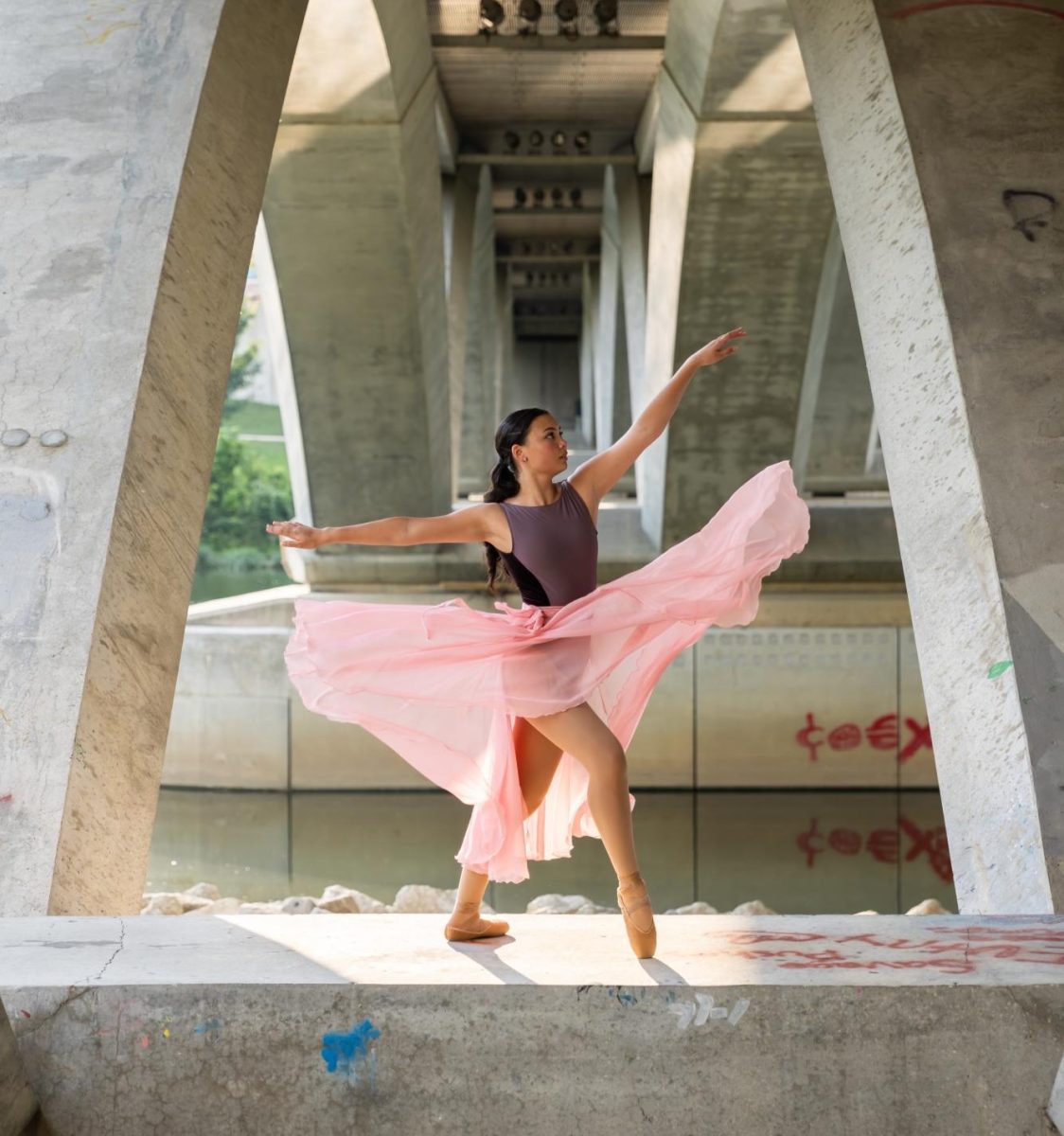

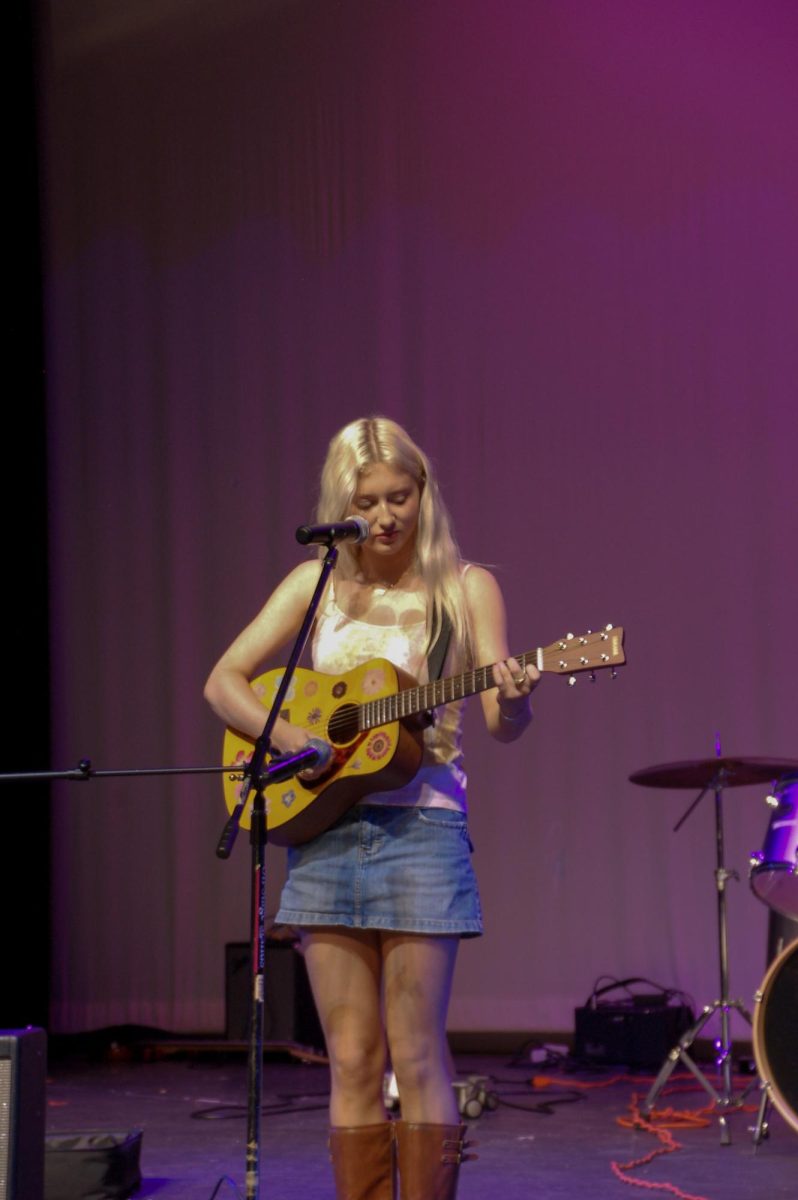


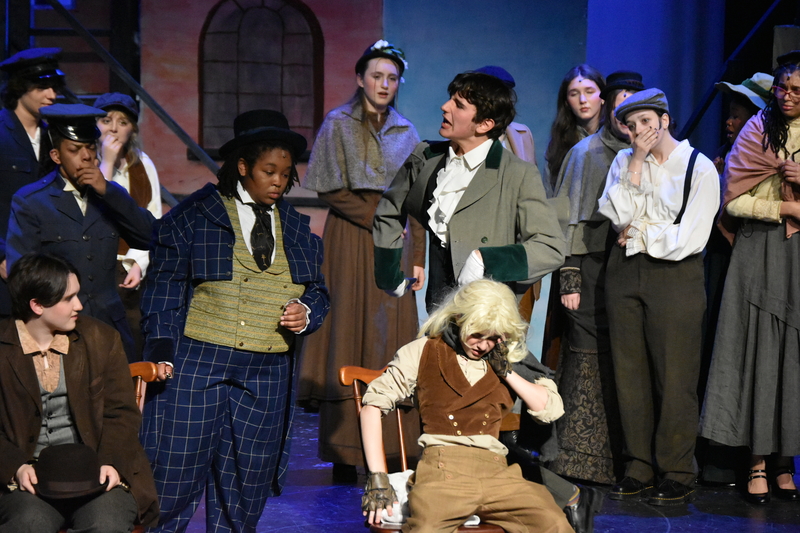
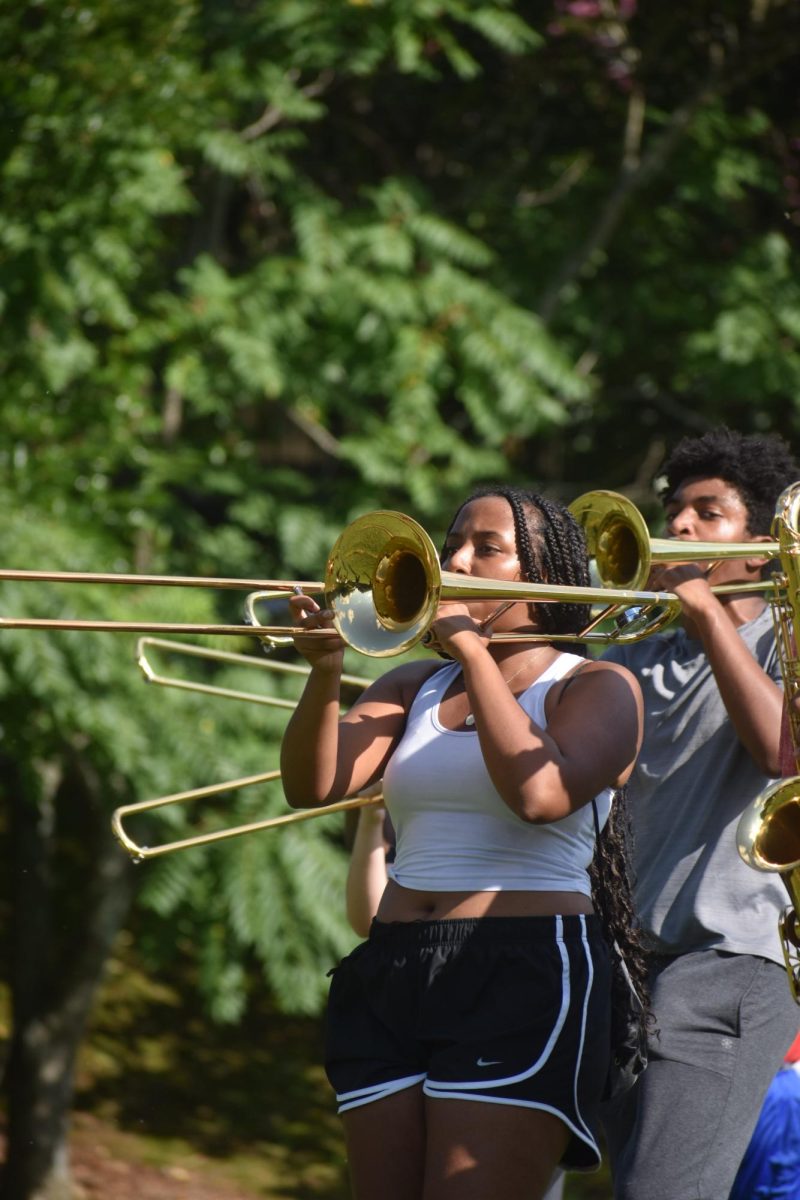
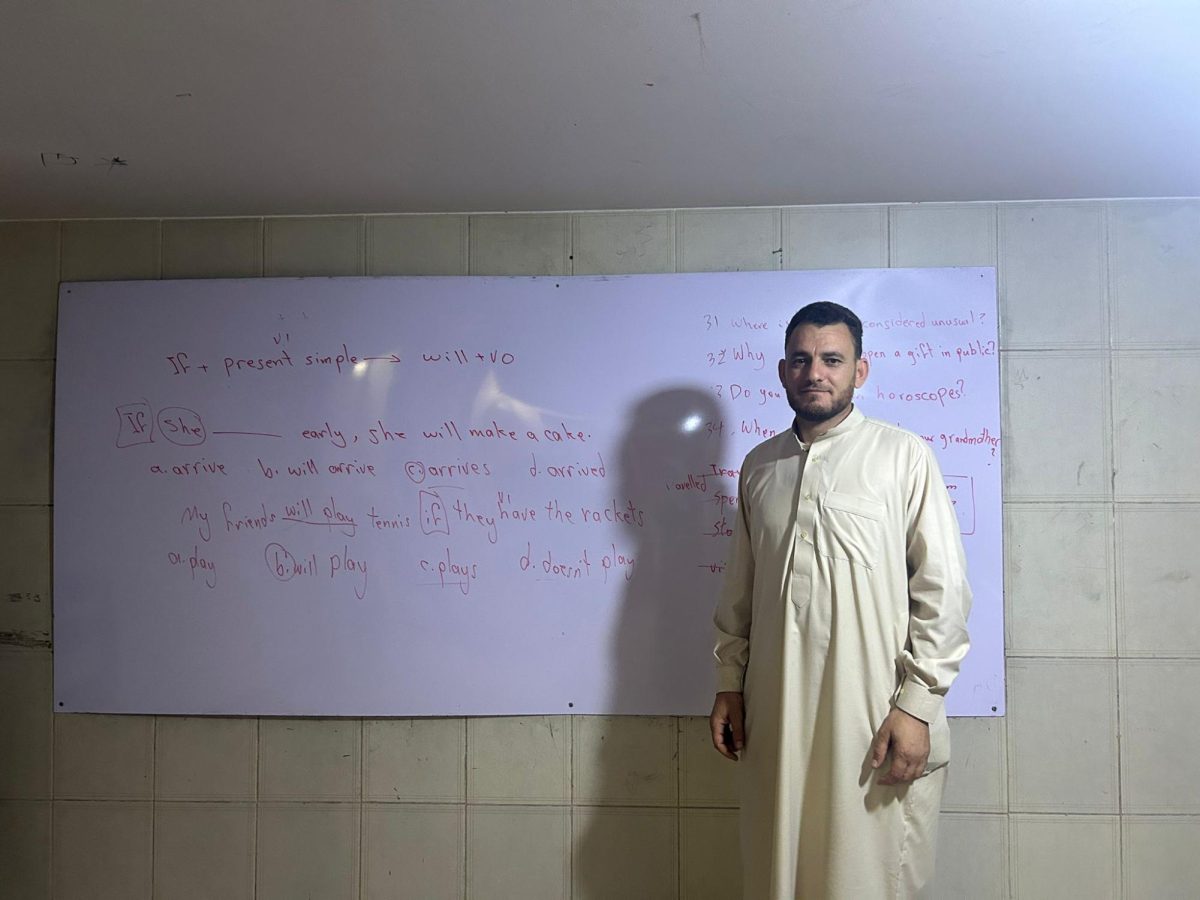












Mr. Miranda • Dec 18, 2024 at 8:09 pm
I love everything you wrote about this and I can tell you are a great person. Continue the great work and I wish to see more of your work very soon!!